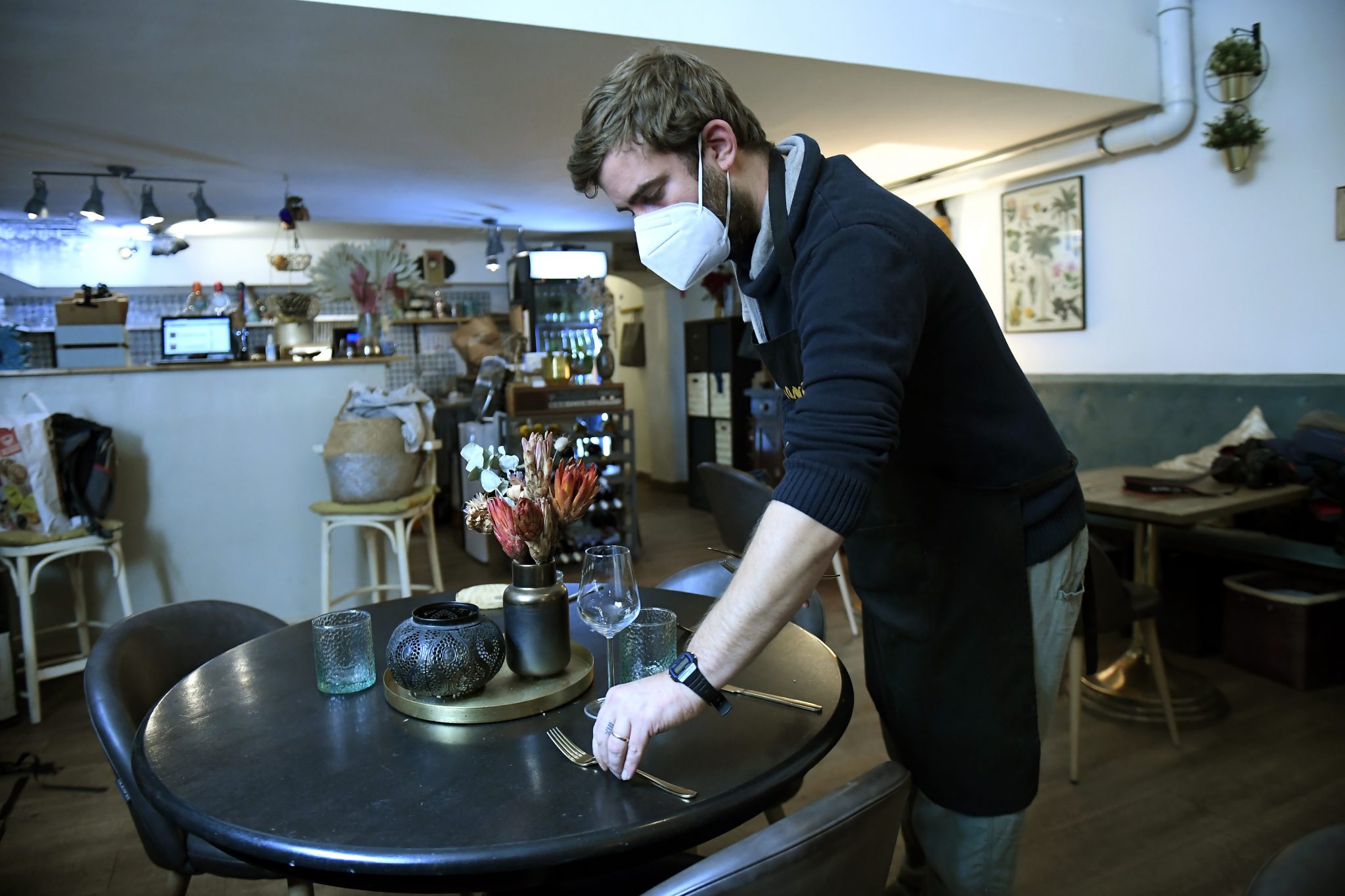
Olimpia, Csalogány 26, and Fricska were among the Hungarian capital's best and most iconic restaurants.Continue reading

The challenges faced by Hungary’s service industry are increasing, with waves of bankruptcy declarations expected due to inflation, utility costs, and labor shortages, Telex reports. Since many Hungarian employees have either moved abroad for work or have settled into other jobs, the industry may need to bring in more guest workers from abroad.
Multiple restaurants in Hungary declared bankruptcy over the winter, including big names like Olimpia, Csalogány26, and Fricska. Olimpia chef Csaba Ádám said that with the constant labor shortage, the opening and closing of the past two years, the constant state of uncertainty, have all led to his decision of giving up. But in response to a question by Mfor.hu, László Kovács, president of the Hungarian Hotel and Restaurant Association, said that this is only the beginning.
By the end of the year, 25-30 percent of catering businesses will declare bankruptcy. Or, if they have adequate resources, strength, and employees, they will completely rebrand themselves.”
There are roughly 2,500-3,000 new businesses showing up in the service industry and roughly the same amount going out of business every year. The coronavirus pandemic devastated the industry, in which operations came to an abrupt stop at the beginning of 2020. Periodical openings have helped, but the damage has already been done. Neither the statistics of 2020 nor those of 2021 (lacking data from December) meet the total sales of 2019.
Production costs have been kicked up significantly due to labor shortages, resource acquisition, and energy cost increases, which could justify even a 30-40 percent increase in prices. Such a radical increase cannot simply be placed in front of guests all of a sudden, Tamás Flesch, the president of the Hungarian Hotel and Restaurant Association said.
The catering industry warned that without adequate state funded wage subsidies, there wouldn’t be enough employees returning to restaurants and hotels once they reopen. While there were such subsidies, businesses found it exceptionally difficult to find employees once they reopened.
Károly Gerendai, a businessman heavily involved in the industry, said that many former restaurant employees simply decided to stay in the fields they found when they had to look for new work after restaurants and pubs closed.
For a while we counted on labor power slowly seeping back into the industry. But a lifestyle in the service industry often involves working late at night and on weekends. Those who went to work in the delivery service or retail experienced that they could make similar wages while having a normal family life.”
Tamás Flesch says that labor shortages have reached such worrying levels that workers from abroad will be needed in order to resolve the situation catering businesses face. An even more demanding season is expected for 2022 than the number of customers seen in 2020 and 2021, and an appropriate labor force is required to meet such demands.
Flesch explained that it is difficult to rely on Hungarian workers at the moment, noting that there are more Hungarians working in the Austrian catering industry than at home.
Even last year, despite offering 20-30 percent wage increases, catering businesses had to hire guest workers from Vietnam and Mongolia to help fill 20 thousand required positions. Guest workers are typically given jobs that don’t require communication with guests, since they typically don’t speak Hungarian. This, however, means that it may become very difficult to find waiters able to speak to guests who may only speak Hungarian.
Featured photo illustration by Tamás Kovács/MTI